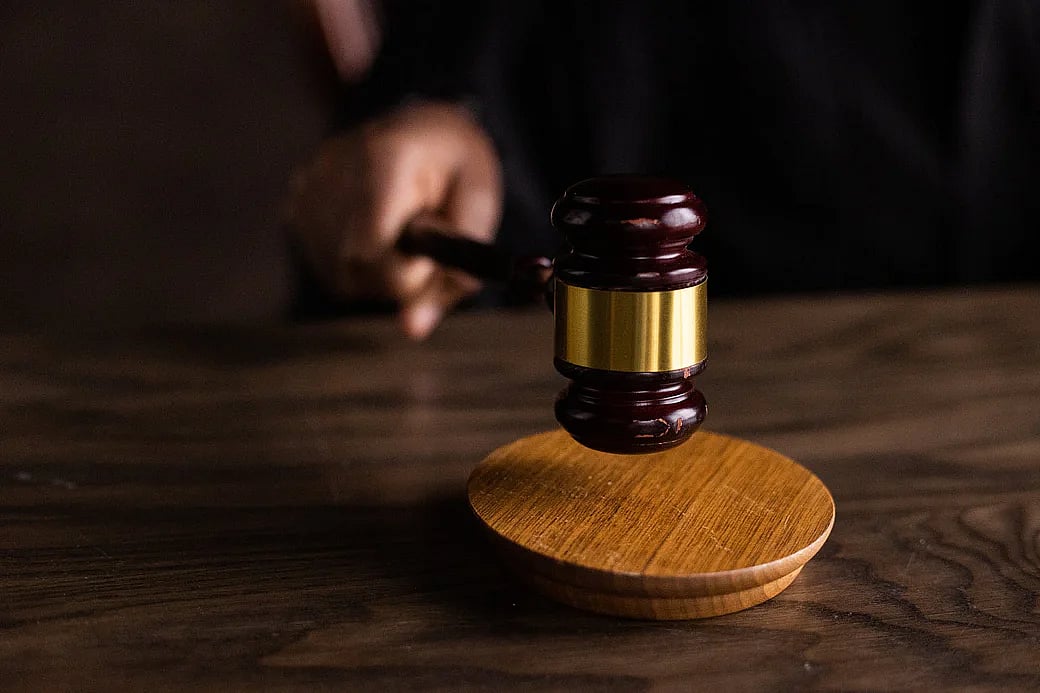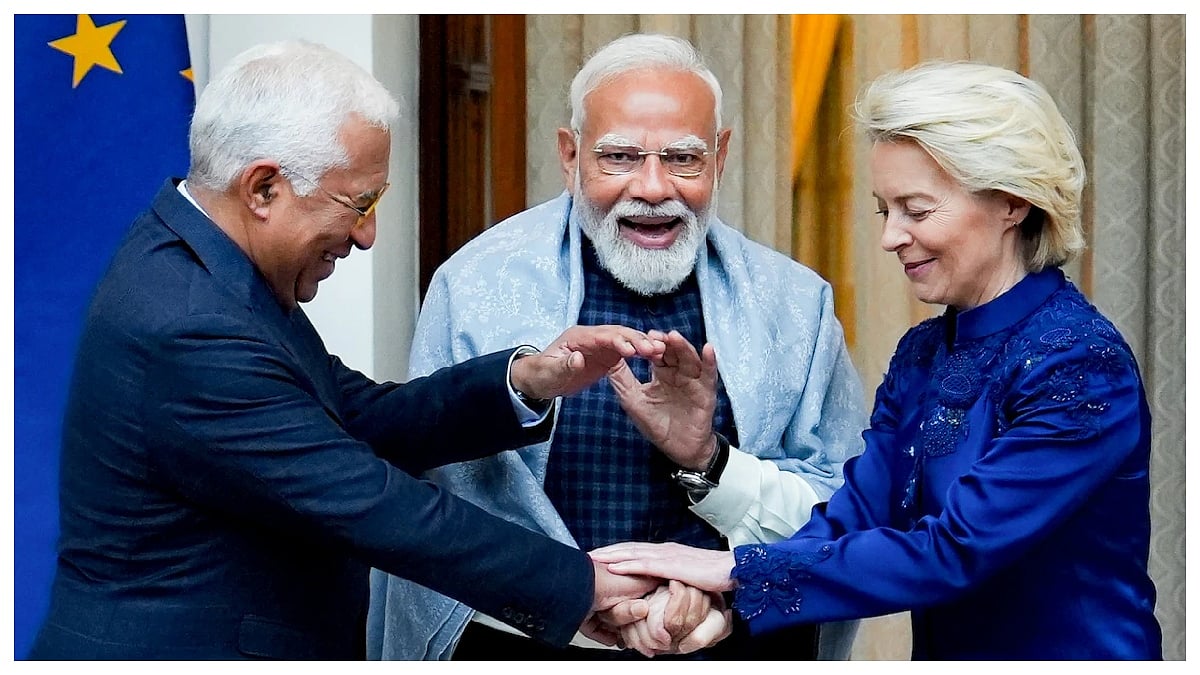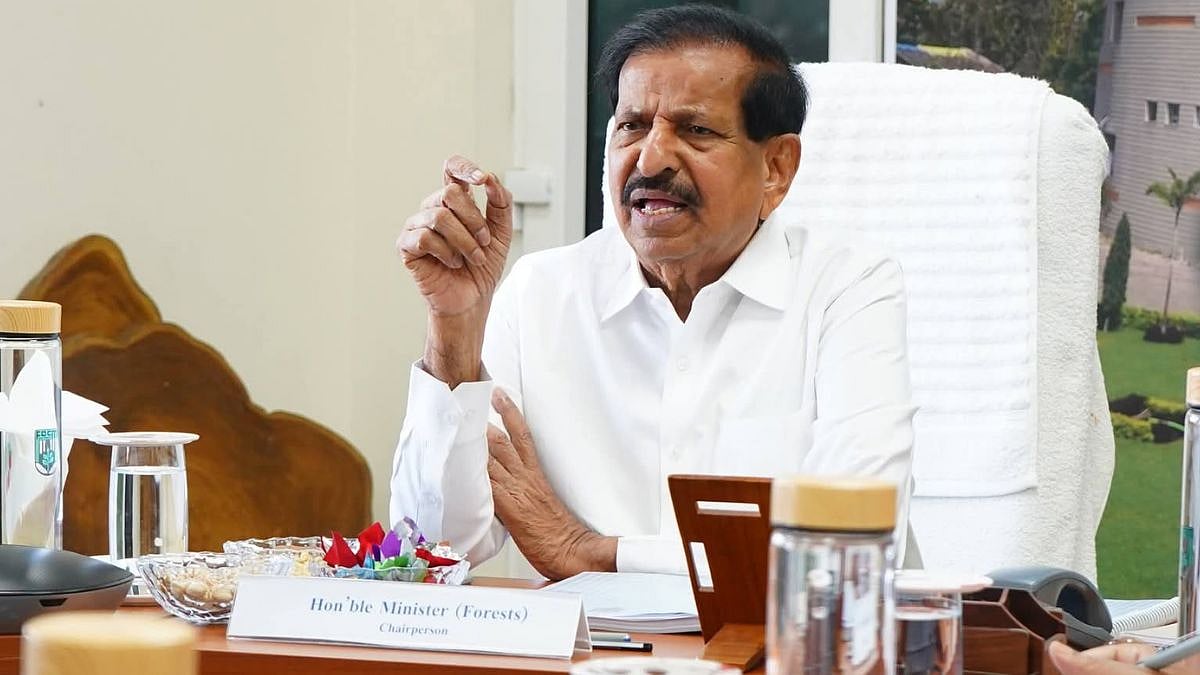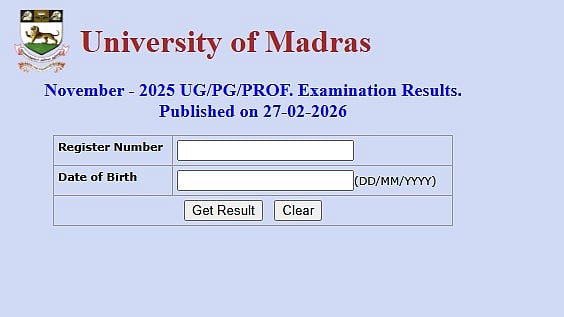Criminals who rape or hack to death innocents must face the gallows. The state has rewarded 488 such criminals with free food and lodging in jail paid by 5.83 crore tax-payers without their consent. Some sections in the Indian Penal Code, the Unlawful Activities Prevention Act and the amended Prevention of Children from Sexual Offences Act prescribe the death penalty, while the Armed Forces Special Powers Act allows soldiers to kill citizens using the ploy of national security to negate accountability.
Now, the dos and don’ts while awarding the death penalty, to be framed by a five-judge Constitution bench of the Supreme Court, will be telecast live on news channels so we can learn how judges deliberate while arriving at a life-and-death decision. Till now, these deliberations were denied to Indian citizens who can exercise their franchise wisely only when they know how those whom they elect spend their taxes.
What is needed is a law to protect the rights of those who have been brutally slain. Hindutva protagonists blindly accept the British doctrine of proving “beyond reasonable doubt” when, in ancient India, the Code of Manu and the dharmashastras allowed the king to amputate the limbs of convicts or hanged them for heinous crimes. But today, it is the reverse.
Between 1950 and 1996, the Supreme Court gradually expanded the right to life and liberty under Article 21 to include the convicts’ right to medical aid in jail, and the right against solitary confinement and handcuffing. If that was not enough, in 2014, the judges introduced the concept of “residual doubt” sandwiched between “proving beyond reasonable doubt” and “absolute certainty” that the convict was guilty. In 99.9 per cent cases, this lingering residual doubt will remain to ensure rapists and murderers never get the death sentence but exercise their fundamental rights in jail.
This concept of “residual doubt” will plague judges with a sensitive conscience like Supreme Court Justice R Banumathi who fainted in the courtroom after ordering the death of the Nirbhaya rapists in 2020. She was part of a three-judge bench and had to be revived by doctors. Never mind the agony of Asha Devi, the mother of the brutalised rape victim, who has flayed the justification for freeing Bilkis Bano’s 11 rapists.
When trial courts sentence criminals to death, the Constitutional courts commute their sentences until the convicts approach the President for pardon on grounds of delay. And if the President does not accede, the Governor may do so as evidenced by the 11 who were feted after they were freed in the Bilkis Bano case. In 2021, there were 144 death sentences awarded as against 78 in 2020 with 33 of 488 convicts on death row till December 30, 2021, being acquitted on appeal. The 25 high courts confirmed just six death sentences, commuted 25 to life in jail and acquitted 29 — perhaps as a sequel to the doctrine of “residual doubt”.
Since 1976, Portugal, France, Luxembourg, Denmark, Cape Verde and Nicaragua have abolished the death penalty for all crimes. But these are affluent countries which India cannot emulate. This is why the vagaries of judicial interpretation must be ended because the Supreme Court has said the number of judges on the bench overrides the view of concurring judges who strike down a law.
There will always be uncertainty in interpreting the law enacted by Parliament because a larger bench can overrule a smaller bench. But there is finality in the noose, which is why it makes news. Those who justify rape and murder using caste and religion as justification are as cancerous to society as those who burn with zeal to become martyrs for a cause .
The Supreme Court created the “rarest of rare” doctrine in 1980 to justify the hanging of Bachchan Singh who had murdered his relatives. The judges declared that a set of aggravating and mitigating facts must guide the trial judge who pronounced the death sentence. Delhi National Law University’s Project 39A showed that between 2000 and 2015 in Delhi, Maharashtra and Madhya Pradesh, the trial courts were largely guided by aggravating circumstances while in 51% of the cases, mitigating circumstances were ignored.
On Monday, the Supreme Court ensured that a “real and meaningful” hearing was given to a person who was to be hanged because of the confusion created by three-judge benches of the Supreme Court which mandated that mitigating circumstances were to be brought on record before the death sentence was pronounced. Trial courts often pronounce the guilty verdict and the death sentence on the same day, letting rapists, murderers and terrorists thwart the noose in successive appeals which makes news.
The five-judge bench will have to lay down norms to see if same-day sentencing which is the norm in India gives sufficient time to bring on record the mitigating circumstances of the killer to obviate this being produced before the appeal courts. Trial courts do not require reports from jail officials, reform panels and psychiatrists before sentencing. The entire focus is on the prosecution to prove the killings beyond reasonable doubt, and the holes punched into the narrative by the defence. Everything else is ignored.
Prosecutors in Madhya Pradesh were incentivised to push for the death penalty, ignoring mitigating circumstances such as abysmal poverty which leads to brainwashing by some radical organisation. These criminals are not given a fair trial because their defence does not bring on record their poverty and credulousness that leads to the crime. The defence must focus only on punching holes in the prosecution case.
There is little doubt that the deliberations of the Supreme Court will ensure a further fall in death sentences so that those who rape, murder and terrorise us will continue as guests of the state until they are freed after 20 years. For being good in jail.
Olav Albuquerque holds a PhD in law and is a senior journalist cum advocate at the Bombay High Court




